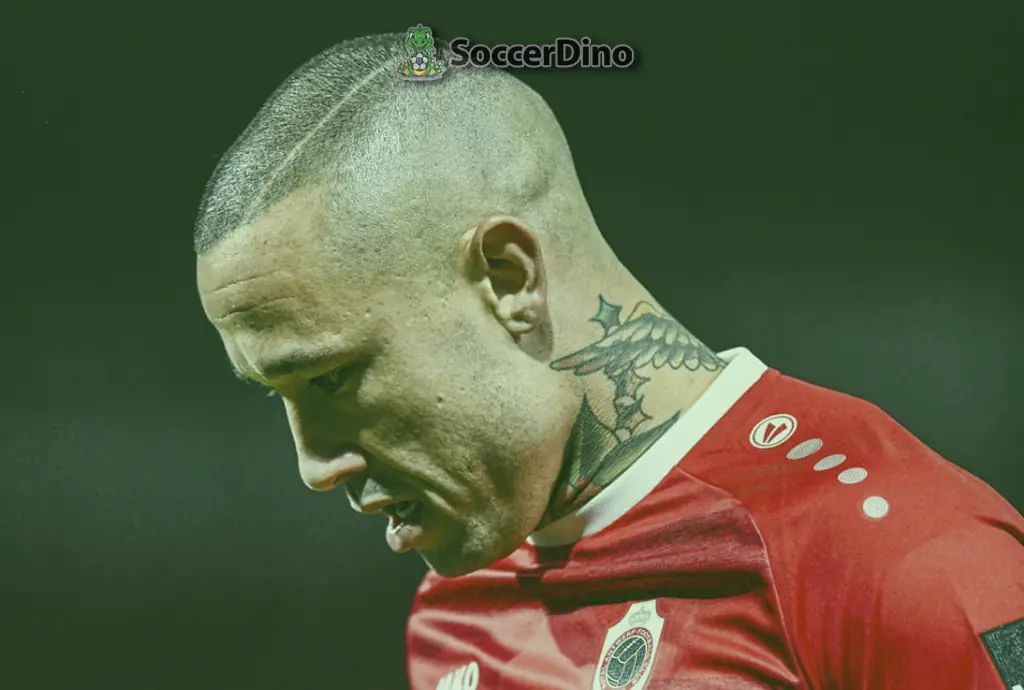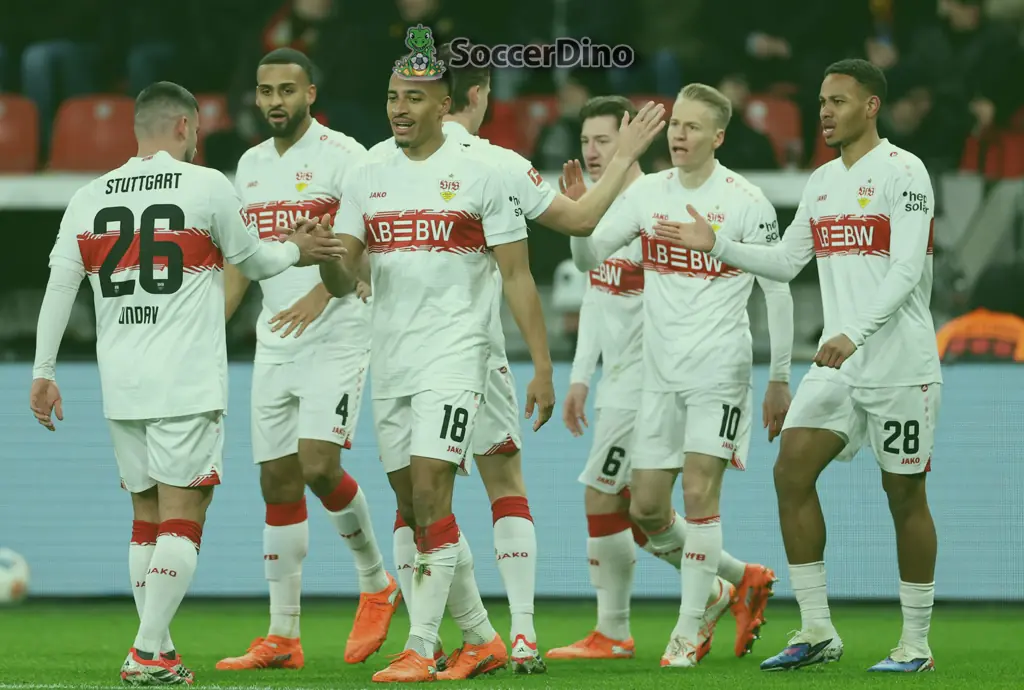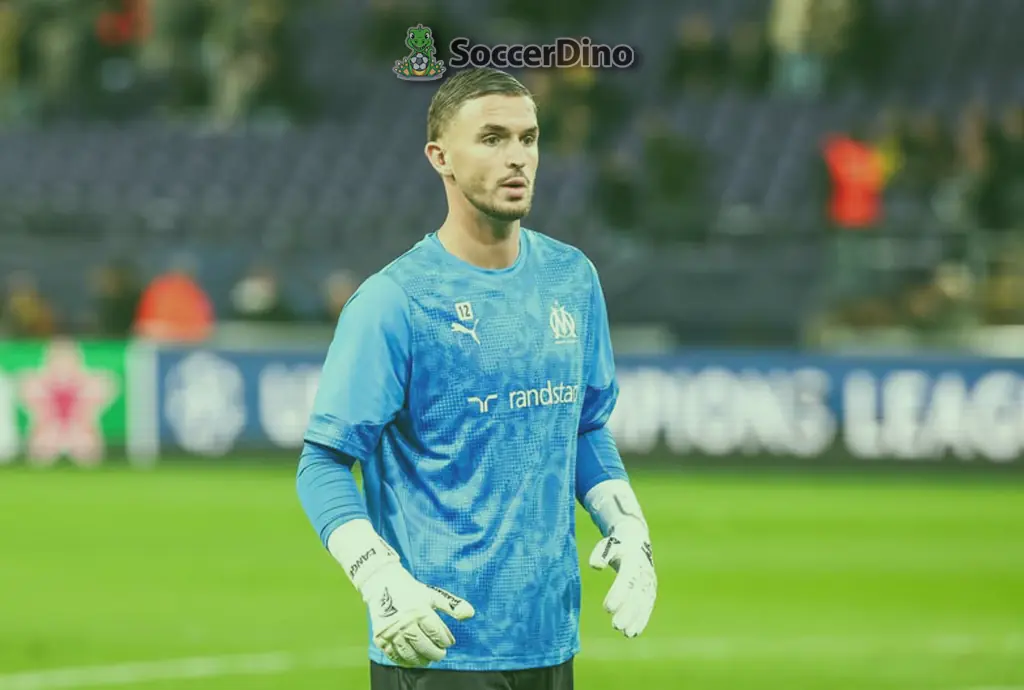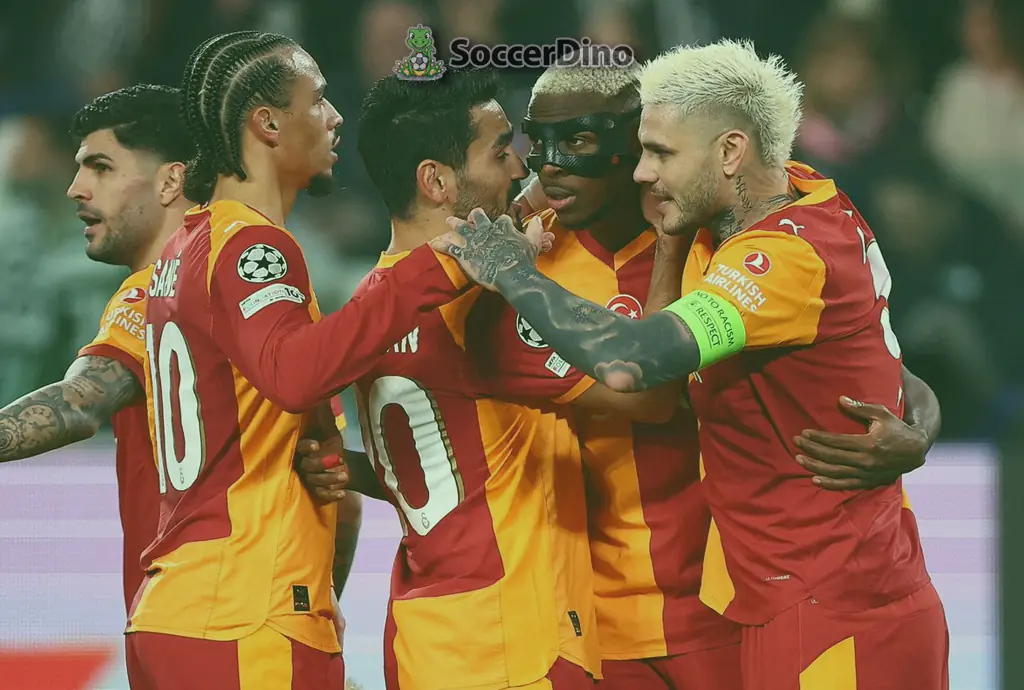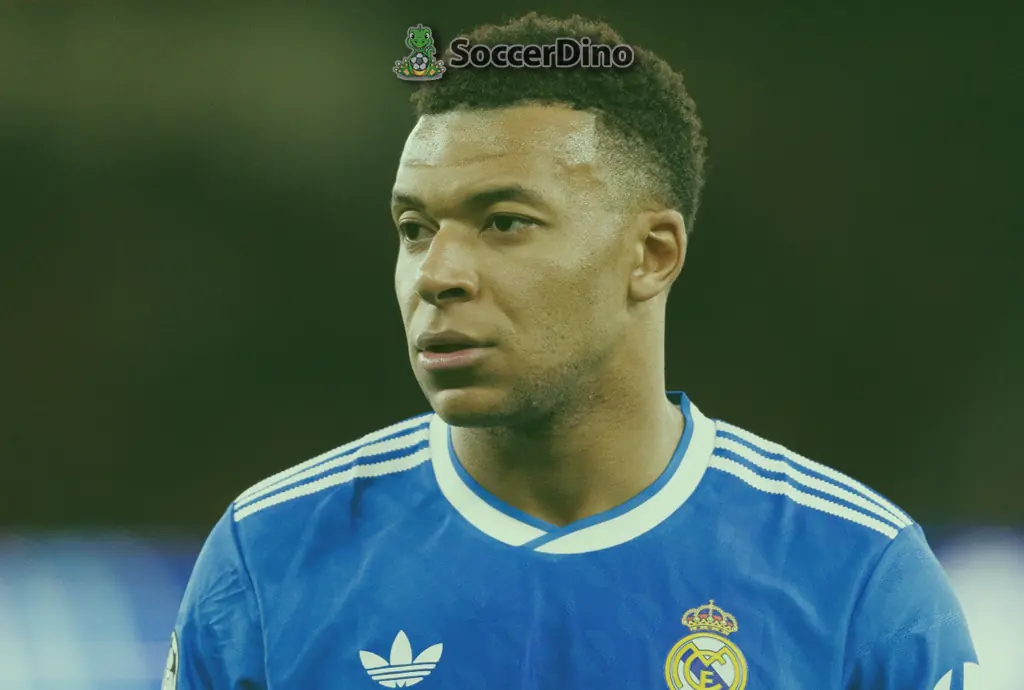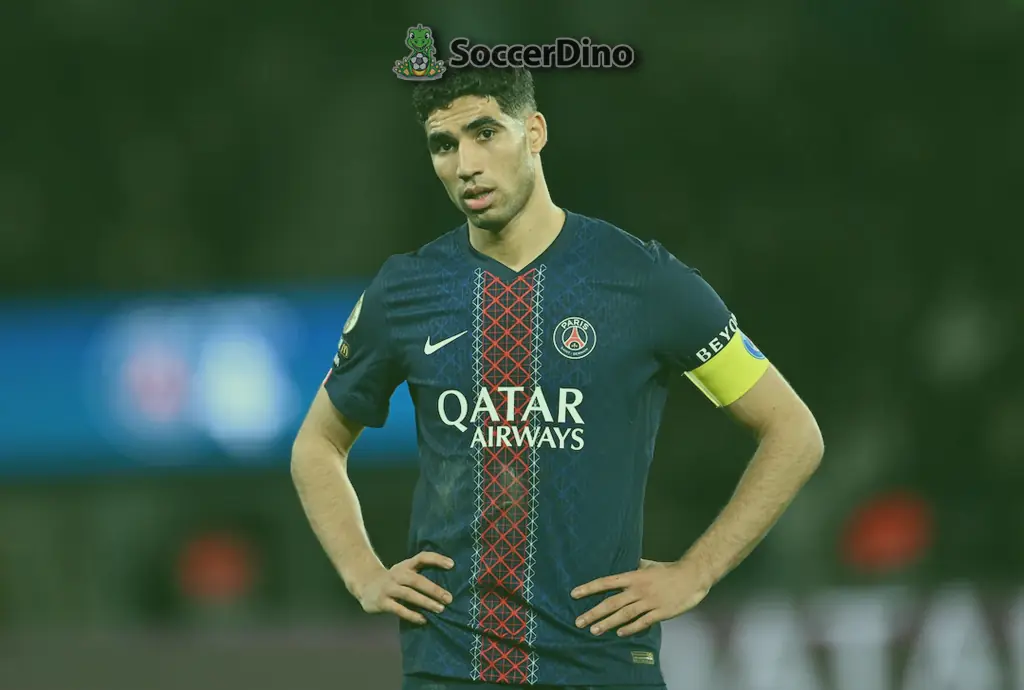Shao Jiayi is the new head coach of the China national football team, replacing Serbian coach Dejan Djurdjevic, who had held the position on an interim basis since June, the federation announced this Thursday in a statement published on its website.

The federation stated that in selecting 45-year-old Shao Jiayi as the new head coach of the China national team, the decision followed a long evaluation process involving several Chinese and foreign candidates.
According to the CFA, the choice was shaped not only by Shao’s profile but also by the experience and lessons learned from previous coaching appointments, many of which failed to deliver long-term stability or a clear national-team identity.
His appointment comes at a turbulent time for Chinese football. In June, the CFA dismissed Croatian coach Branko Ivankovic, who had arrived in February 2024 with strong credentials, having led Iran to the 2006 World Cup and achieved major success in China with Shandong Luneng. Despite his track record, Ivankovic struggled to implement a consistent playing style and could not meet the expectations attached to his appointment.
The breaking point came with China’s elimination from the 2026 World Cup qualifiers. The expanded tournament, featuring 48 teams and hosted by the United States, Mexico and Canada, was widely seen as China’s best opportunity in decades to return to the World Cup stage. However, a costly 1-0 defeat to Indonesia ended those hopes prematurely. The failure generated widespread frustration across the country, prompting the federation to rethink its long-term strategy, both technically and culturally.
That disappointment reopened an old wound: China has not played in a World Cup since 2002. In that sole appearance, Shao Jiayi was one of the team’s emerging stars, known for his composure on the ball, tactical intelligence and ability to perform under pressure. His displays earned him recognition domestically and abroad, with European clubs taking interest.
Shao joined Bundesliga side 1860 Munich right after the 2002 World Cup, marking one of the earliest successful transitions of a Chinese international into a major European league. He spent four years with the club, gaining valuable experience in a competitive European environment before moving to Energie Cottbus in 2006, where he became a fan favourite for his work rate and professionalism. In 2011 he had a brief spell at Duisburg before returning to Beijing Guoan, the club where he had developed as a youth player. By the time he retired in 2015, he was widely regarded as one of the most respected Chinese players of his generation.
After ending his playing career, Shao transitioned into coaching. He worked across several levels of China’s youth national teams, gaining insight into the developmental weaknesses of Chinese football and the challenges that young players face before reaching the senior national team. His time as an assistant coach helped shape his tactical philosophy, which blends discipline, structured possession, and a stronger emphasis on modern training methods often lacking in the domestic system.
Shao’s first role as a head coach came with Qingdao West Coast. Under his leadership, the team grew more competitive. Despite limited resources, he guided them through a balanced season: nine wins, ten draws and ten defeats, securing a respectable ninth-place finish in the Chinese Super League. More importantly, his work impressed officials with his ability to improve players, maintain stability and implement clear tactical ideas.
The CFA sees Shao as a symbol of progression: a modern Chinese coach with top-level playing experience, European exposure, and an understanding of both the domestic football landscape and international standards. His appointment represents a shift toward long-term planning rather than short-term fixes.
Shao inherits a national team in need of reconstruction, confidence and identity. The task ahead is enormous. China faces a generational gap, inconsistent youth development and increasing pressure from supporters who expect the country to become competitive in Asia and return to the World Cup sooner rather than later.
For Shao Jiayi, the job is both an honour and a challenge. It marks a full-circle moment for one of China’s most recognizable football figures, who now returns to the stage he once graced as a player, this time with the responsibility of leading a new generation one that hopes to succeed where others have faltered.
His mission will involve reshaping the squad, revamping tactical structures, and elevating the standards of training and mentality. Expectations will be high, but his appointment has already generated cautious optimism inside the Chinese football community, which sees in Shao not only a former World Cup star, but a leader capable of bringing fresh ideas and long-needed stability to the national team.
